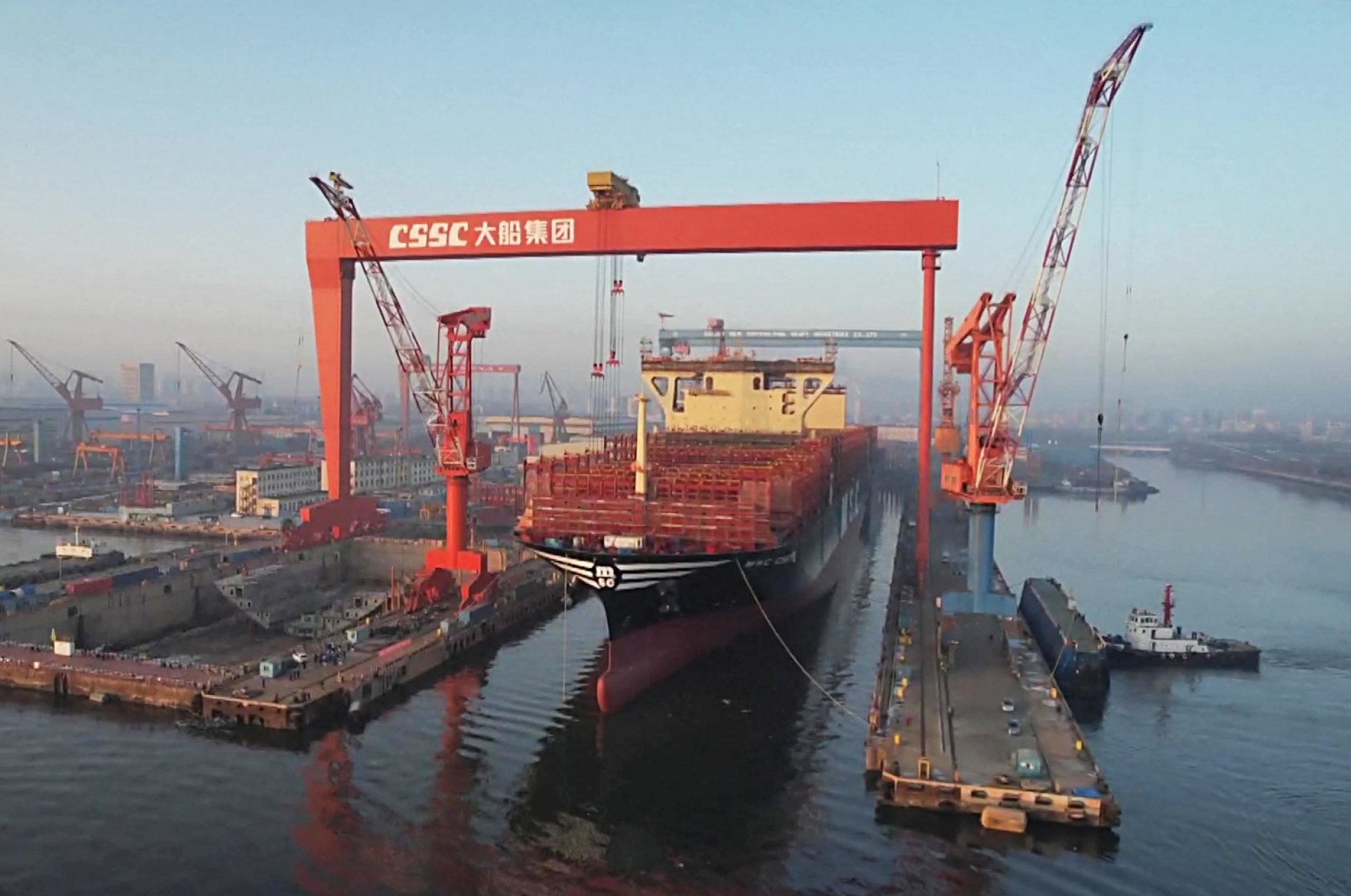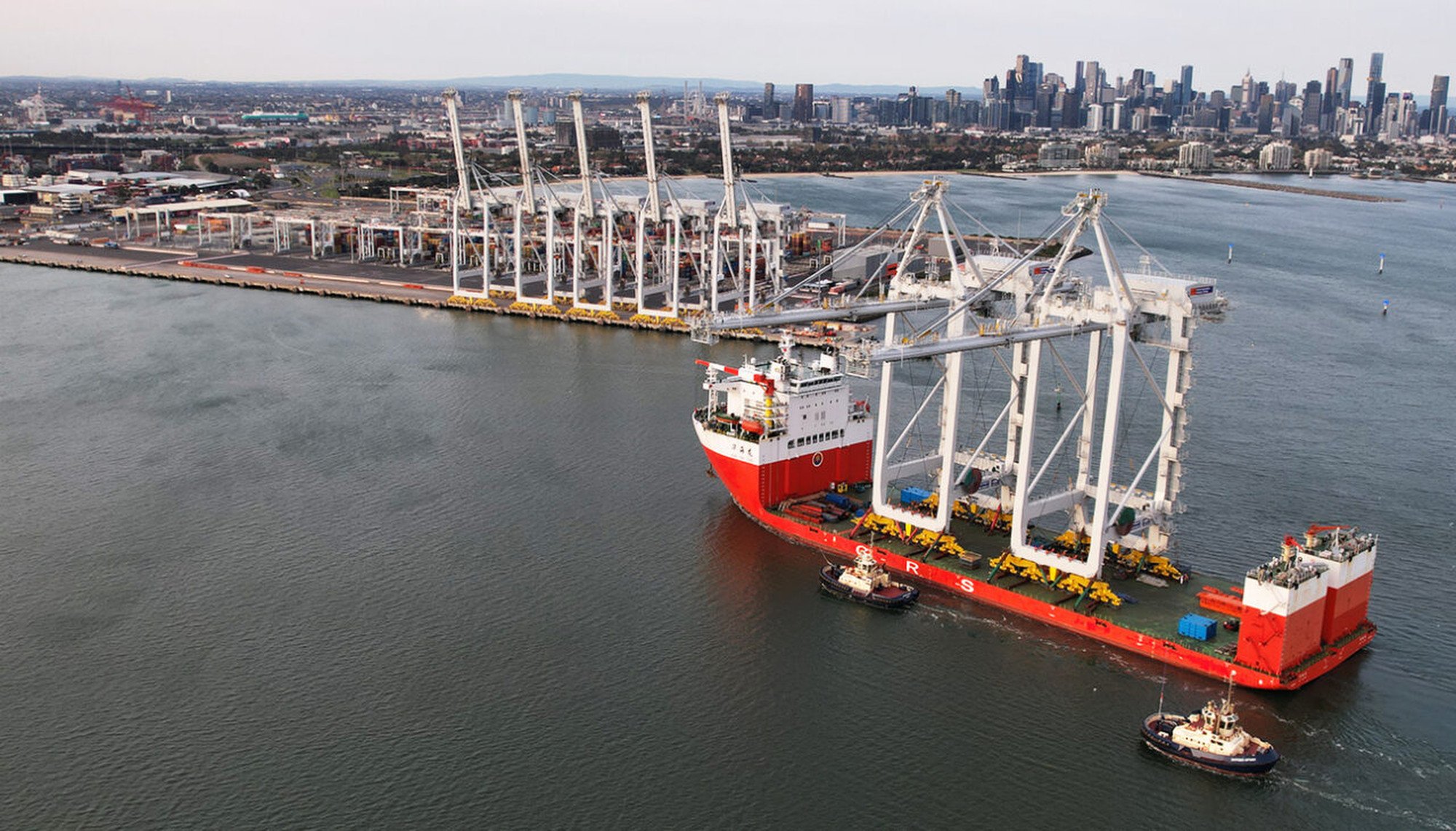The first involves a related US$20 billion of investment to improve port infrastructure. The second involves efforts to resurrect the moribund US shipbuilding industry. The initiatives smack of tilting at windmills. But they are also driven by alarm over China’s overwhelming dominance in shipping and logistics.

Given that China has for several years accounted for almost half of the world’s newly-built ships, how could the US possibly maintain its global trade if it banned China-made ships? And how many decades would it take for the US to build up enough shipbuilding facilities to provide any semblance of self-reliance?
China, for instance, makes an estimated over 95 per cent of the world’s shipping containers. Is the US thinking about banning China-made containers too?

But for the US, Logink constitutes a profound threat. “Logink’s installation and utilisation in critical port infrastructure very likely provides the [People’s Republic of China] access to and/or collection of sensitive logistics data,” warns the Department of Transportation Maritime Administration.
The link to a national security threat is simple: the US has an estimated 170,000 troops spread around 750 bases across the world, and most of the military equipment, supplies and fuel are transported by sea in contracted cargo vessels. In theory, much of this movement could be tracked using Logink.
This perhaps explains why the White House statement accompanying Biden’s executive order said: “The security of our critical infrastructure remains a national imperative in an increasingly complex threat environment.”

The likelihood that this suite of Chinese threats to national security will go away is small. China’s shipbuilders have orders in hand of around 140 million deadweight tonnes, according to the Ministry of Industry and Information Technology – about three years of work.
With the world shipping industry promising to “decarbonise” the global fleet by 2050, and over 98 per cent of this fleet running on fossil fuel, demand for new clean vessels is set to soar.
Even though Biden says he aims to rebuild the US shipbuilding sector, most experts see this as a pipe dream. Not only would it take decades to construct shipbuilding capacity, but after decades of neglect, the US lacks marine engineers and architects.
Concern over China’s dominance in a large number of areas is a legitimate concern, as is “de-risking” and ensuring economic resilience. But the US’ Sinophobia is more hindrance than help – and since paranoia feeds powerfully on itself, any change may be a long time coming.
David Dodwell is CEO of the trade policy and international relations consultancy Strategic Access, focused on developments and challenges facing the Asia-Pacific over the past four decades

